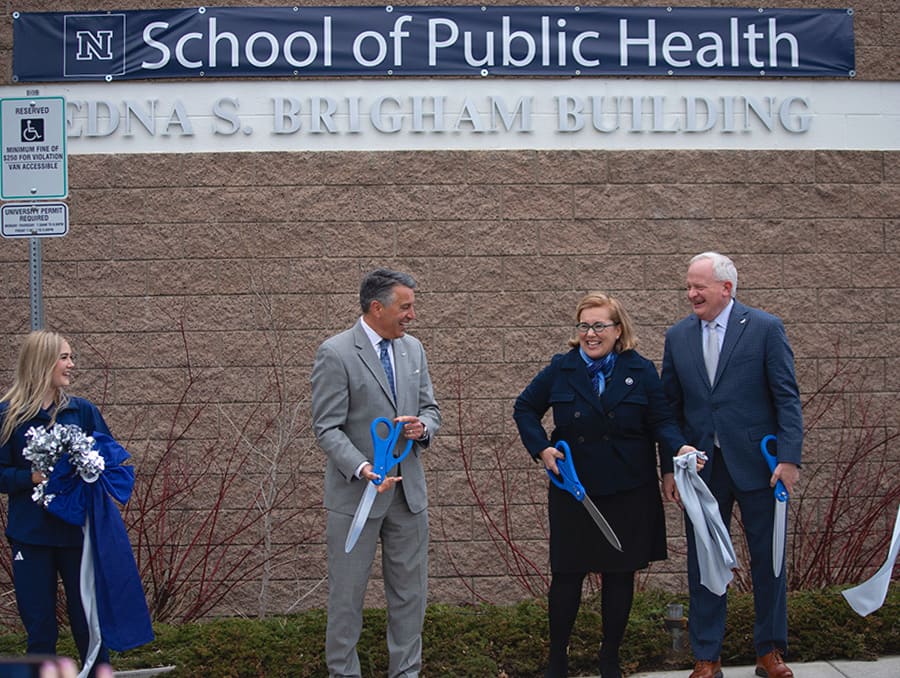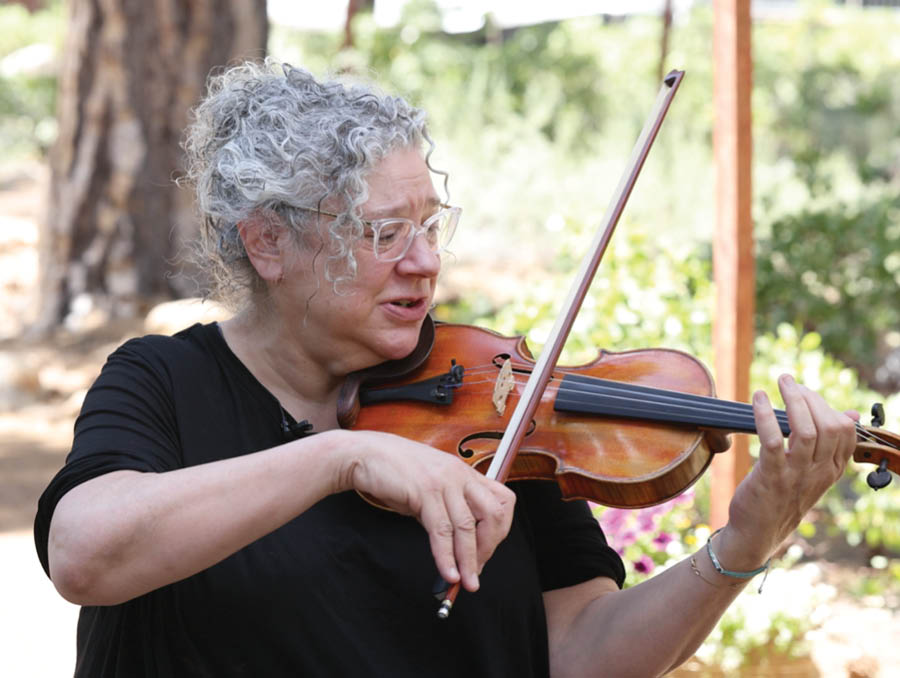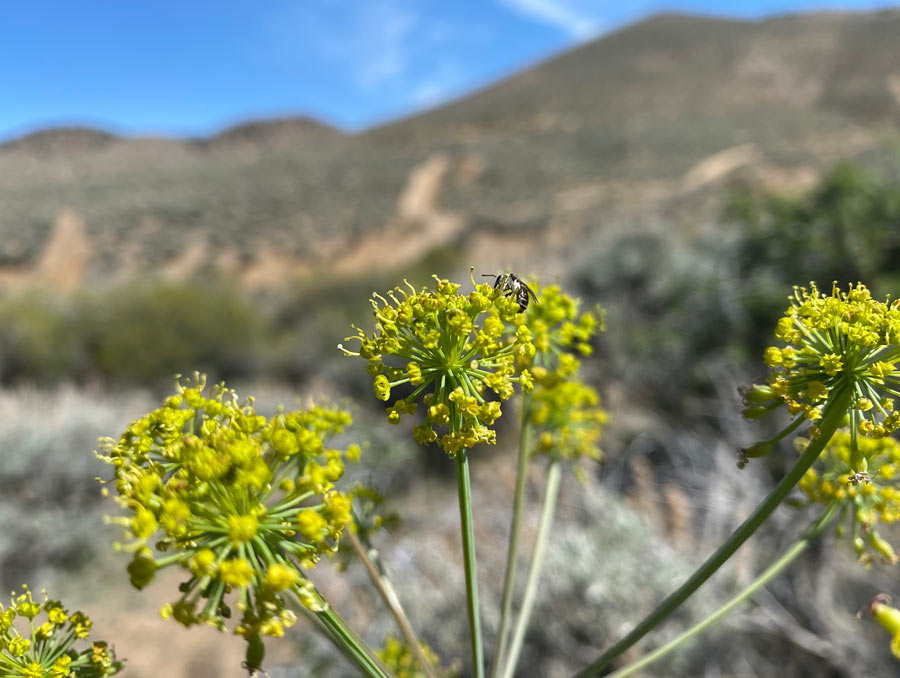A multi-disciplinary 5-year project at the University of Nevada, Reno and University of Nevada School of Medicine has received $10 million in funding from the National Institutes of Health. The project seeks to better understand and eventually manipulate the communication between cells that causes human neurological and other diseases.
With this funding, the School of Medicine, the College of Science and the Department of Biochemistry and Molecular Biology in the College of Agriculture, Biotechnology and Natural Resources will establish a new NIH Center of Biomedical Research Excellence (COBRE) project that focuses on the cell biology of signaling across membranes, as well as mentoring biomedical researchers.
“Young biomedical researchers will be trained and supported to conduct research to better understand how cells and cellular compartments communicate with each other and how defects in such communication may trigger disease,” neuroscientist Chris von Bartheld, M.D., program director for the project said. He is also a professor in physiology and cell biology and course director of medical neuroscience for the School of Medicine.
The COBRE project includes funds to establish two core facilities for microscopy and tissue culture in the Life Sciences wing of the Fleischmann Agriculture Building, and basic science and clinical faculty mentoring programs for the junior faculty.
“As many as 30 people will be employed through this project that will ultimately be searching for cures to many diseases,” von Bartheld said. “It will be scientists, technicians and graduate students. Renovations and upgrades to labs and equipment is also a part of the project.”
“This is a truly significant accomplishment for the University community,” Marc Johnson, president of the University of Nevada, Reno, said. “These grants are highly competitive and this award is a testament to the quality of our faculty and caliber of the important work that happens on this campus, in this community and this state. It’s investments such as these that will continue to keep our University, and science, moving forward.”
One important aspect of the new center will be the use of novel model organisms for biomedical research that utilizes the power of genetics in the fruit fly (Drosophila) and the earth worm (C. elegans), both projects underway on the University campus. In the past decade, these new approaches have become important tools to gain insights in cellular function and to tackle human diseases.
“Another novel feature of this proposal is that each specific project was assigned clinical consultants and mentors who will ensure disease focus,” von Bartheld said. “This will help basic researchers, especially in the College of Science, to place their research in a clinical context and to facilitate collaboration with clinicians – fostering interactions that lead to synergism and enhanced biomedical research capacity.”
“This will be a strong stimulus to integrate the University’s research in cell biology, developmental biology, signaling and neuroscience, develop collaborations between basic scientists and clinicians, and will have a lasting impact on future research capabilities in Nevada."
Co-director for the project is Grant Mastick, developmental neurobiologist and associate professor in biology. Researchers in several disciplines will contribute to this center, including project leaders Qi Wan, from the Department of Physiology and Cell Biology at the University of Nevada School of Medicine; Tom Kidd, Patricia Berninsone and Chi-Yun Pai from the Department of Biology in the College of Science, and Hanna Damke from the Department of Biochemistry and Molecular Biology in the College of Agriculture, Biotechnology, and Natural Resources and the School of Medicine.
The COBRE grant is one of only seven new COBRE grants awarded nationally in the past two years by the National Center for Research Resources at the NIH. The Cell Biology Center is the third COBRE grant that has been funded in the state of Nevada. The other two COBREs focus on “Ion channels in cardiovascular disease” and “Smooth muscle plasticity.” All three of Nevada’s COBRE proposals have originated from the Department of Physiology and Cell Biology.











